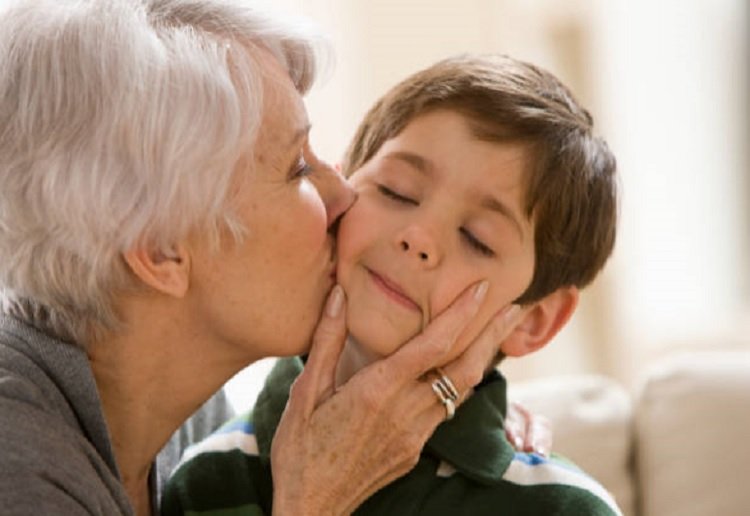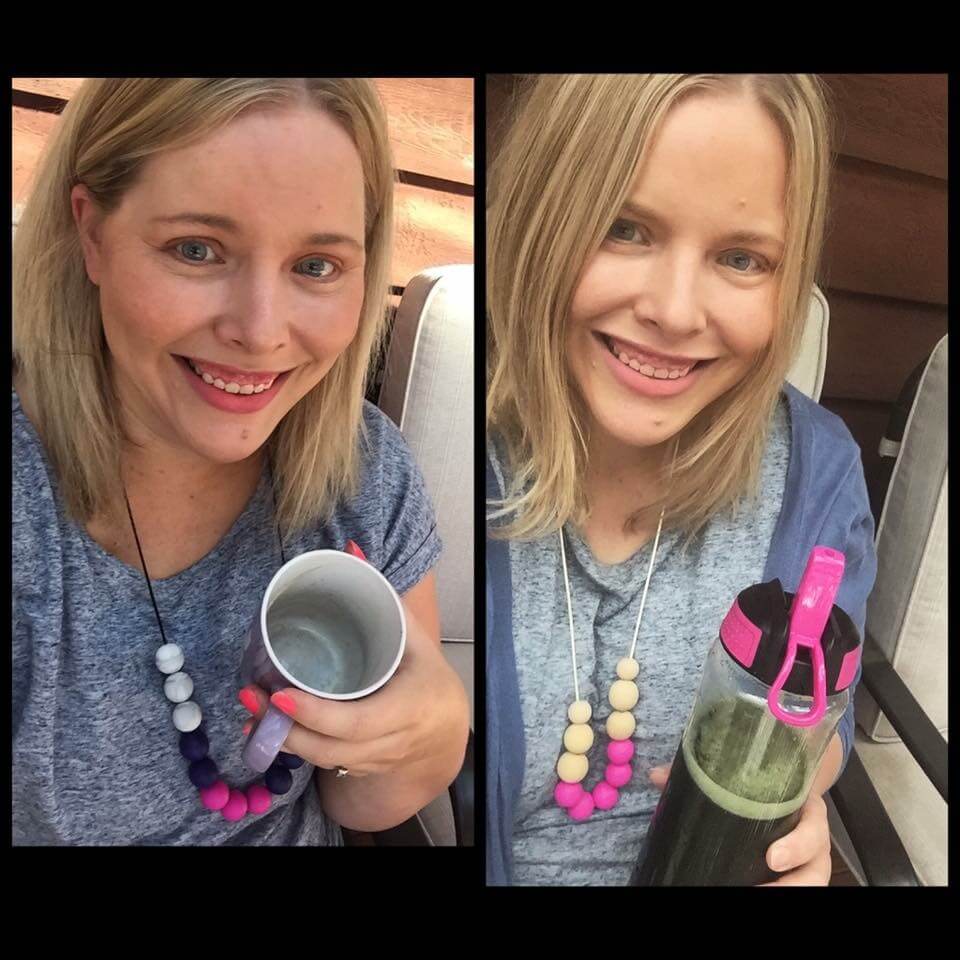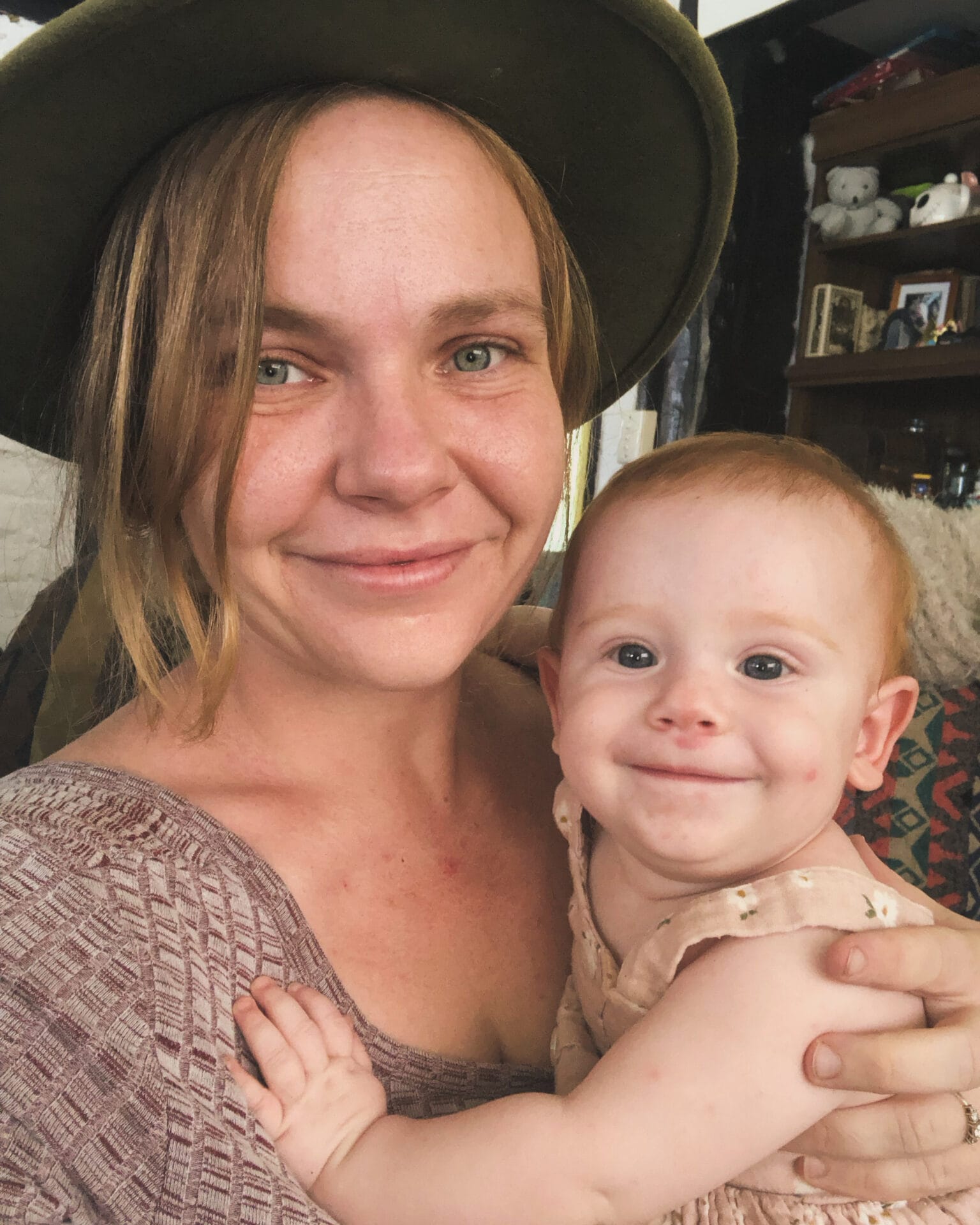Kindergarten age children taught how to say NO to a kiss from Grandma
Kindergarten aged children are being educated about consent and sexual abuse through simple examples like saying no to grandma kissing or cuddling them.

Children being taught how to say No to a kiss from Grandma
The Federal Government has funded a teaching resource called “Respect Matters” program from kindergarten to Year 12.
The Respect Matters program educates students about safety, consent, and wellbeing.
Minister for Education Dan Tehan said parents and teachers played an important role in teaching children about the value of healthy and respectful relationships, and the impact of their behaviour.
About the program
Childhood educator Margie Buttriss said they used “child-friendly” examples, like explaining that no-one was allowed to touch them in places where they did not want to be touched.
“We’re talking about situations such as Grandma wants to swoop in for the big sloppy kiss and if the child doesn’t want that to happen what can they do,” she said.
“And they can respectfully say ‘no thanks Grandma, let’s have a hug instead’.
“Or if it’s someone they don’t know, ‘let’s high five, let’s fist bump’.”

Sex education expert and author, Row Murray, believes education about sexual consent should begin as early as toddlerhood.
“As soon as a child is in a position to start toilet training and have that first level of bodily autonomy, that’s when to get cracking on teaching consent,” says Row.
“This isn’t about sexualising kids or even about teaching them about the birds and the bees. It’s about teaching them about their bodies and letting them know that they are in charge of who touches them and where.
She adds, “One of the first ways we can teach a child that we honour their wishes is by not forcing them to hug or kiss relatives – or even their parents if they’re not in the mood.”
Expert claims it should start from birth!
In the past ‘sexuality expert’ Deanne Carson, encouraged parents to not change their infants nappy without asking for their child’s consent first.
She said: ‘” I’m going to change your nappy now, is that okay?” Of course the baby is not going to respond “yes mum, that’s awesome. I’d love to have my nappy changed.
‘But if you leave a space, and wait for body language and wait to make eye contact, then you’re letting that child know that their response matters.’
Pinky McKay agreed saying, “Even if a baby doesn’t ‘understand’ when you ask for consent, or you are needing to do a non negotiable task such as changing a nappy, it’s starting a culture of respect and teaching that children have a right to refuse unwanted touching by talking them through experiences such as nappy changes.”
Pinky added, “What if somebody we barely knew came up and gave us a big sloppy kiss – with beer or tobacco breathe? How easy is it to treat babies and small children as we would like to be treated.”
Sadly one in three girls, one in seven boys will be sexually assaulted by the time they are eighteen years old. One in twelve girls will be sexually abused before their sixth birthday.
Tips for Parents
The 5 basic principles we need to teach our children (remember: it’s never too early to sow the seeds of personal safety) are:
1) To trust their feelings and to distinguish between ‘yes’ and ‘no’ feeling
2) To say ‘no’ to adults if they feel unsafe and unsure
3) That they own their own bodies
4) That nothing is so yucky that they can’t tell someone about it
5) That if they feel unsafe or unsure to run and tell someone they trust.
Do you think this is the best way to teach children about consent?









